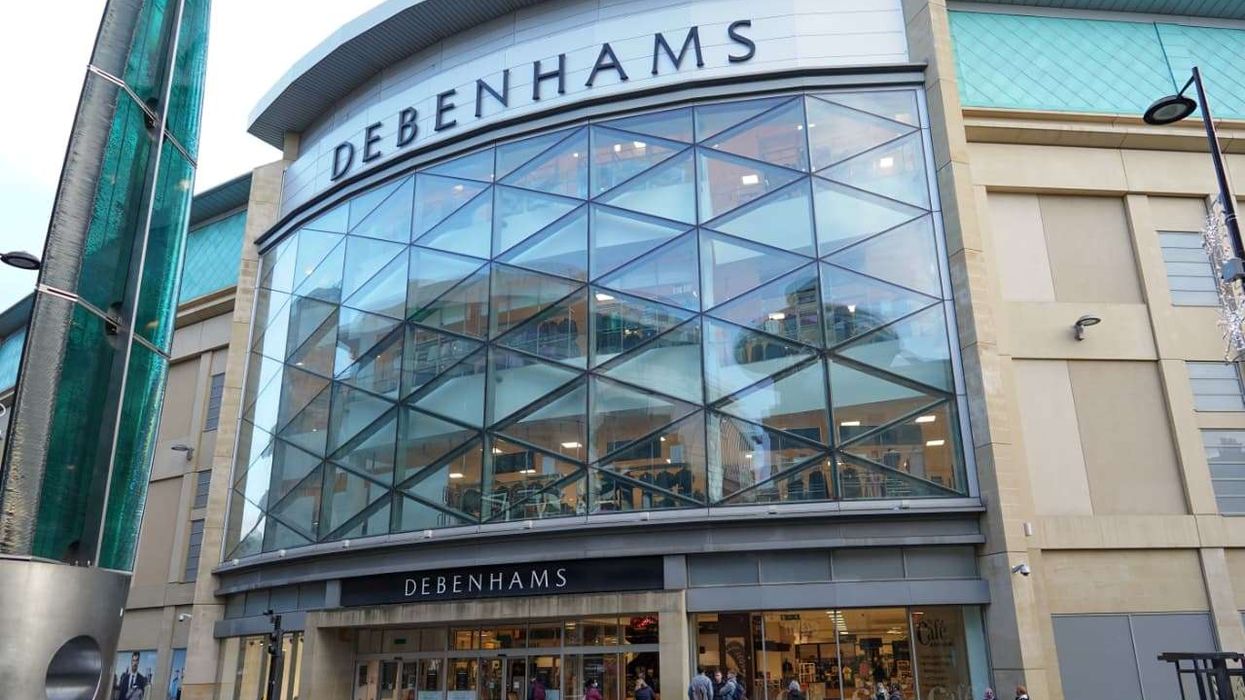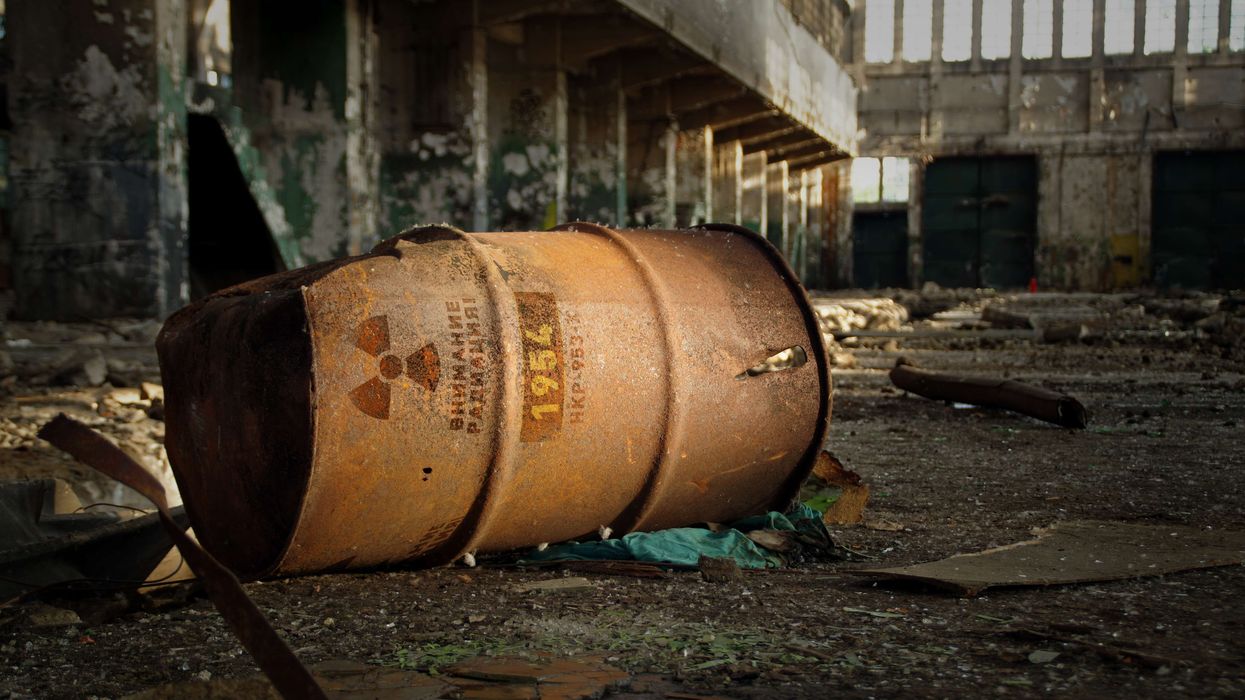THYSSENKRUPP DEAL HAS ‘INDUSTRIAL LOGIC AND STRATEGIC RATIONALE’
TATA STEEL chairman N Chandrasekaran on Monday (2) described the agreement with German steel major Thyssenkrupp to create a new joint venture company as a “historic” development that would strengthen the steel industry in Europe and India.
Thyssenkrupp said last Friday (29) it had finally agreed the merger of its steelmaking business with India’s Tata, making the merged firm Europe’s second biggest steelmaker.
Conceived to take on the flood of cheap Chinese steel unbalancing world markets, the merged firm known as “Thyssenkrupp Tata Steel” will be based in the Netherlands. It will be second only to ArcelorMittal in the European steel industry.
Chandrasekaran’s remarks came at a joint press conference with Thyssenkrupp CEO Heinrich Hiesinger in Brussels.
“For Tata, this marks a significant milestone. It strengthens and provides scale to our European operations, creates a strong steel enterprise, and also helps the Indian operations to grow and address the needs of the Indian market,” he told reporters.
“We are structurally strong in India, which offers tremendous opportunities as a growing market. This JV creates an opportunity for us to create a good, strong and sustainable footprint in both geographies,” Chandrasekaran added.
He noted Tata Steel’s plans to “double down” in India, where the company aims to increase its presence from 13 million tonnes to 25 million tonnes a year capacity.
“There is industrial logic and strategic rationale behind this merger, which creates a new steel champion in Europe. We are forming something great which expresses our trust in the successful future for the steel business in Europe,” said Thyssenkrupp CEO Hiesinger.
Bosses at both companies hope the tie-up, which took more than two years to negotiate, will create between 400 and 500 million euros per year in savings.
The merged firm will boast 48,000 employees spread around 34 sites, producing around 21 million tonnes of steel per year for revenues of around 15 billion euros.
Final signatures are expected to follow “shortly”, while competition authorities in the European Union and other jurisdictions must still give the go-ahead.
Hiesinger expressed hope for a free market in the steel industry, saying: “Having integrated plants across Europe, gives us some flexibility but we will hope for free flow.”
“We need to wait and see what the outcome of Brexit is,” added Chandrasekaran.
The agreement between Tata and Thyssenkrupp includes a “proper compensation” for a valuation gap between the companies, which means that in case of an Initial Public Offering (IPO) of the joint venture, Thyssenkrupp will receive a higher share of the proceeds, reflecting an economic ratio of 55/45.
Both companies stressed the IPO was some way off, as the initial focus would be on kick-starting JV operations following the required regulatory approvals and “building credibility” of the new company.
The merger has been welcomed by workers unions in Britain as the best solution to ensure the long-term future of Tata Steel’s UK operations. The Indian company owns the UK’s largest steelworks in Port Talbot, South Wales, employing thousands of staff.
“All sides of the JV will have appropriate support to prosper and progress under the new enterprise,” said Koushik Chatterjee, executive director and chief financial officer of Tata Steel.
The new company’s complete production network is to be reviewed starting in 2020, with the aim of integrating and optimising the production strategy for the entire joint venture. (Agencies)












